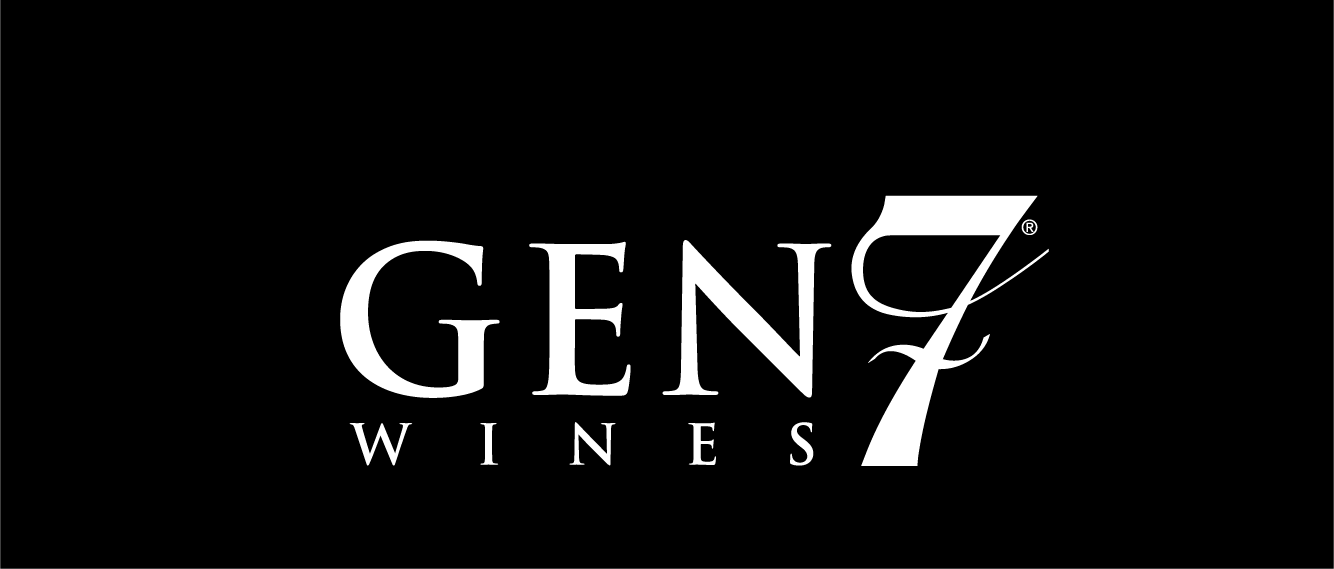Does Price Truly Affect the Quality of Wine?
When evaluating wine, one of the most common assumptions is that a higher price equates to better quality. Many people believe that an expensive bottle of wine is bound to be superior to a cheaper one. But is this notion always accurate? Does price genuinely matter when it comes to assessing the quality of wine? Let's find out the answer to this interesting question and look at the things that decide how valuable a bottle of wine is.
The Myth of Price and Quality
It's easy to fall into the trap of believing that a higher price tag guarantees better wine. After all, wine enthusiasts often rave about the complexity and depth of flavor found in premium bottles. However, the relationship between price and quality is not as straightforward as it may seem.
Production Costs vs. Quality
One of the primary reasons expensive wines come with a hefty price tag is the cost of production. Producing wine can be an intricate and labor-intensive process. Factors such as the location of the vineyard, the aging process, and the type of grapes used can significantly impact production costs. However, these costs don't necessarily correlate with the quality of the wine. Some affordable wines are made with as much care and attention to detail as their pricier counterparts.
It's essential to remember that the cost of raw materials, such as grapes, is just one part of the equation. Other factors, like the winemaker's skill and experience, also play a crucial role in determining the final quality of the wine. So, while production costs are a consideration, they don't provide a complete picture of a wine's quality.
Personal Preference
Taste is subjective. What one person considers a fantastic wine might not appeal to another. The price of a wine can influence our perception of its taste. If we believe we're drinking an expensive bottle, we might be more inclined to savor it, even if we wouldn't necessarily choose it blindly in a taste test.
The key takeaway is that your preferences should guide your wine choices. Don't be swayed by the price alone. Instead, explore different wines and varietals to discover what suits your palate best. An affordable bottle brings you more enjoyment than a pricey one.
Marketing and Branding
The wine industry is renowned for its marketing and branding efforts. Well-established wineries with a history of producing exceptional wines often command higher prices, partly due to their reputation. In contrast, lesser-known wineries producing excellent wines may not have the same pricing power. Thus, the brand and marketing play a substantial role in determining the price.
It's important to be aware of this marketing influence when evaluating wine. A recognizable label or a famous winemaker's name can add a premium to the price. While there's nothing inherently wrong with this, it does mean that you may find hidden gems from smaller, less-heralded wineries that offer excellent value for your money.
Factors That Truly Matter
Rather than fixating on price, it's more fruitful to consider these key factors when evaluating the quality of wine:
Taste Preferences
Your personal palate is the most crucial factor. Explore different wines, varietals, and styles to discover what suits your taste. Whether you prefer a bold red, a crisp white, or a sparkling wine, there's a world of flavors to explore.
Wine Characteristics
Pay attention to the wine's aroma, flavor profile, and texture. These qualities can provide insights into its quality. For example, a well-balanced wine with a harmonious blend of flavors is often a sign of quality.
Food Pairing
Wine is often enjoyed with food. The right pairing can enhance your overall experience, making an affordable bottle feel like a luxury. Experiment with different food and wine combinations to find the best complement to each other.
Expert Opinions
While price alone doesn't indicate quality, expert reviews, and ratings can offer valuable guidance when selecting wine. Wine critics and sommeliers can provide insights into a wine's characteristics and potential for aging.
Exploration and Experimentation
Ultimately, the best way to discover quality wine is through exploration and experimentation. Attend wine tastings, try wines from different regions, and ask for recommendations from knowledgeable sources. You may find hidden gems at various price points.
If you're looking for wines, check out our selection. In the world of wine, price doesn't always reflect quality. The relationship between the two can be quite complex, influenced by factors like production costs, personal preferences, and marketing strategies.
Rather than solely relying on price tags, exploring and experimenting with different wines is essential to discover those that truly resonate with your taste buds. Remember, the best wine you enjoy the most, whether it's an affordable bottle or a high-end selection.
So, the next time you evaluate a wine, consider the factors that genuinely matter and savor the experience, regardless of the price. Here's to discovering your perfect glass of wine! Whether it's a budget-friendly bottle or a luxurious vintage, the true value of wine lies in the pleasure it brings to your palate and the memories it creates. Cheers!
